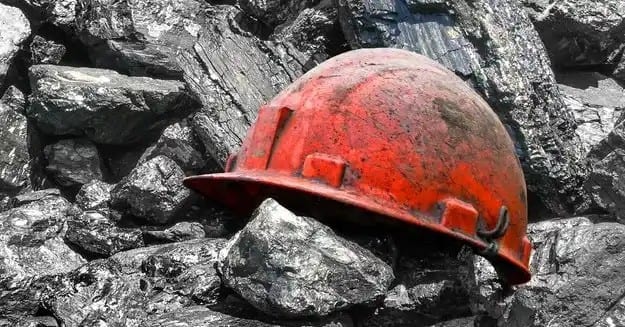Last updated on September 11th, 2021 at 02:43 pm
While the mining industry overall was hard hit by the coronavirus pandemic, it is junior miners who sustained the heaviest blows – with some fighting to survive as their viability is threatened.
The mining sector ramped up production as lockdown regulations were eased, but emerging miners are adjusting to a “new normal” which is set to test the entrepreneurial mettle of business owners who were already facing tough operating conditions even before the pandemic hit.
Not a simple restart
“For us, going back to production following the hard lockdown was not as simply as pressing a restart button,” said John-Ernest Fogwell, an executive director at Junior Mining Association.
“The initial lockdown had a huge impact on us as an industry, and impacted cash flow, given that unlike big companies, junior miners do not have big shareholders and easy access large capital resources,” said Fogwell.
Junior and emerging companies are considered as entities with an annual turnovers of not more than R500 million, and players in the segment are spread across the mining spectrum.
Following the phased easing of lockdown regulations, which gave the mining industry a green light to increase production under strict health and safety regulations aimed at preventing the spread of Covid-19, junior miners which had been bruised by the shutdown also resumed work.
But they are concerned that the road back to full production will be long and hard.
“It is going to take a while to return to full production….to where we were pre-Covid-19. Companies will have to reset their businesses as demand locally and internationally is still slow and some markets not back on track,” Fogwell said.
“The easing of the lockdown means nothing to companies if we cannot get production to the market. Companies are facing hard times with no end for the next few months,” Bam said.
While the government has come up with a loan guarantee scheme for companies affected by Covid-19, companies seeking financial assistance are subject to lending criteria, limiting the chance of qualifying for those already in dire straits.
“In my view the qualification criteria should be relaxed since we are in a state of national disaster and therefore government needs to re-assess the intended impact of the funding mechanisms made available to companies during this time,” said Bam.
The mining industry contributed 8% to GDP last year, and Minerals Resources and Energy Minister Gwede Mantashe hopes to increase the number to 10% in the next five years.
(Fin24)

